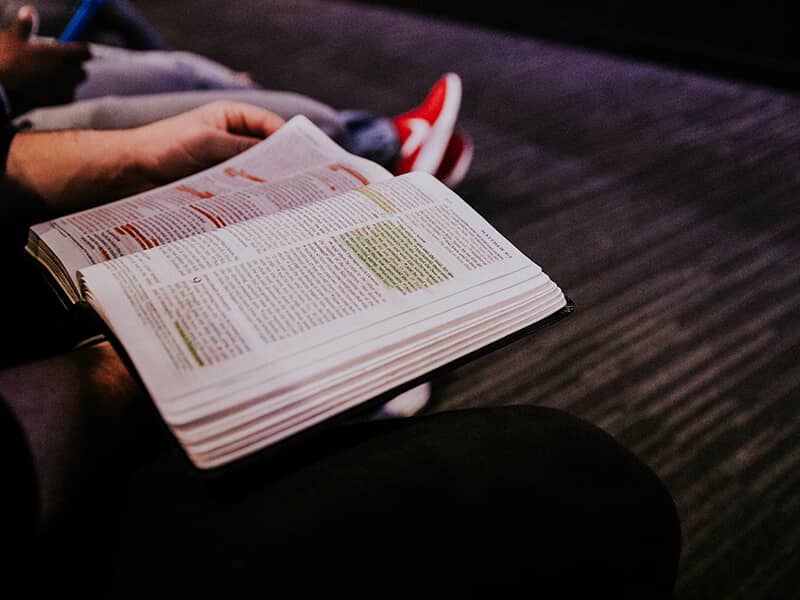Before long, Dalton became a priest in the Glenmary Home Mission Society, which works across the rural South. This meant learning a whole different cultural vocabulary. It meant learning how to talk to Southern Baptists.
By the early 1980s, Dalton was representing the Church of Rome at Southern Baptist Convention's annual meetings and in the hallways of the giant "Baptist Vatican" in downtown Nashville. He has talked to Southern Baptists in state conventions and regional associations, too. He has talked to Southern Baptists at the all-important level of the local church.
And this is what he has learned. "Catholics and Baptists have a lot in common," said Dalton, who recently returned to his SBC liaison role. "But we're still looking at each other and saying, 'They're just not our kind of people.' ... We're two massive groups of people who still don't know each other."
Recent statistics gathered by the Glenmary Research Center found 62 million U.S. Catholics and 20 million Southern Baptists _ the nation's two largest flocks. These two culturally conservative giants continue to grow, but they are not growing closer together.
Official dialogues began three decades ago, with key leadership coming from "moderate" Baptists who were willing to risk being called "ecumenists." Progressive Baptists huddled with progressive Catholics, while Baptist conservatives seethed.
Then conservatives seized control of the SBC and, to the surprise of many experts, this soon led to an intense, but radically different, era of Catholic-Baptist work. Liberals howled about right-wing politics, while "Evangelicals and Catholics Together" and similar efforts found common ground on issues such as abortion, sexual abstinence and human rights.
A key 1994 document made news by affirming that Catholics and evangelicals are "brothers and sisters in Christ" and that both streams of tradition represent "authentic forms of discipleship." Before long, powerful SBC voices _ especially in regions heavy in ex-Catholics _ began saying that enough is enough. Southern Baptist leaders recently shut down the formal dialogue.
What happens next? The bottom line is that many Southern Baptists do not believe that years of dialogue have produced consensus on issues of salvation and biblical authority. A growing awareness of the Vatican II statement that salvation can be found through faith in non-Christian religions has only widened the gap.
One of the SBC's most outspoken scholars did not mince words on CNN's Larry King Show. "I believe the Roman Church is a false church and teaches a false gospel," said R. Albert Mohler, Jr., president of Southern Baptist Theological Seminary. "Indeed, I believe the pope himself holds a false and unbiblical office."
Clearly, SBC leaders realize "that those are fighting words," said Dalton. The irony, said the priest, is that the lives of most Roman Catholics today are not radically different from those of Southern Baptists.
The Glenmary statistics show that waves of Catholics have moved to the Sunbelt, far from the northern ethnic enclaves of the past. They live in sprawling suburbs and eat Krispy Kremes at church coffee hour like everybody else. They live next door to Southern Baptists, who long ago shed their rural roots and went suburban.
But many Catholics and Baptists have not realized how much times have changed, said Dalton. They still do not know how to talk to their neighbors. "Maybe the formal dialogue did its thing," said Dalton. "It got us talking to the Baptist left and then we learned to talk to the Baptist right. But the next level of dialogue will not occur with our leaders sitting in conference rooms. It's going to have to happen between ordinary people over their backyard fences and down at the local Home Depot. We're living next door to each other. The question is whether we can learn to trust each other. Can we ever learn to see that we are one in Jesus Christ?"
(Terry Mattingly (www.tmatt.net) teaches at Palm Beach Atlantic University and is senior fellow for journalism at the Council for Christian Colleges & Universities. He writes this weekly column for the Scripps Howard News Service.)

